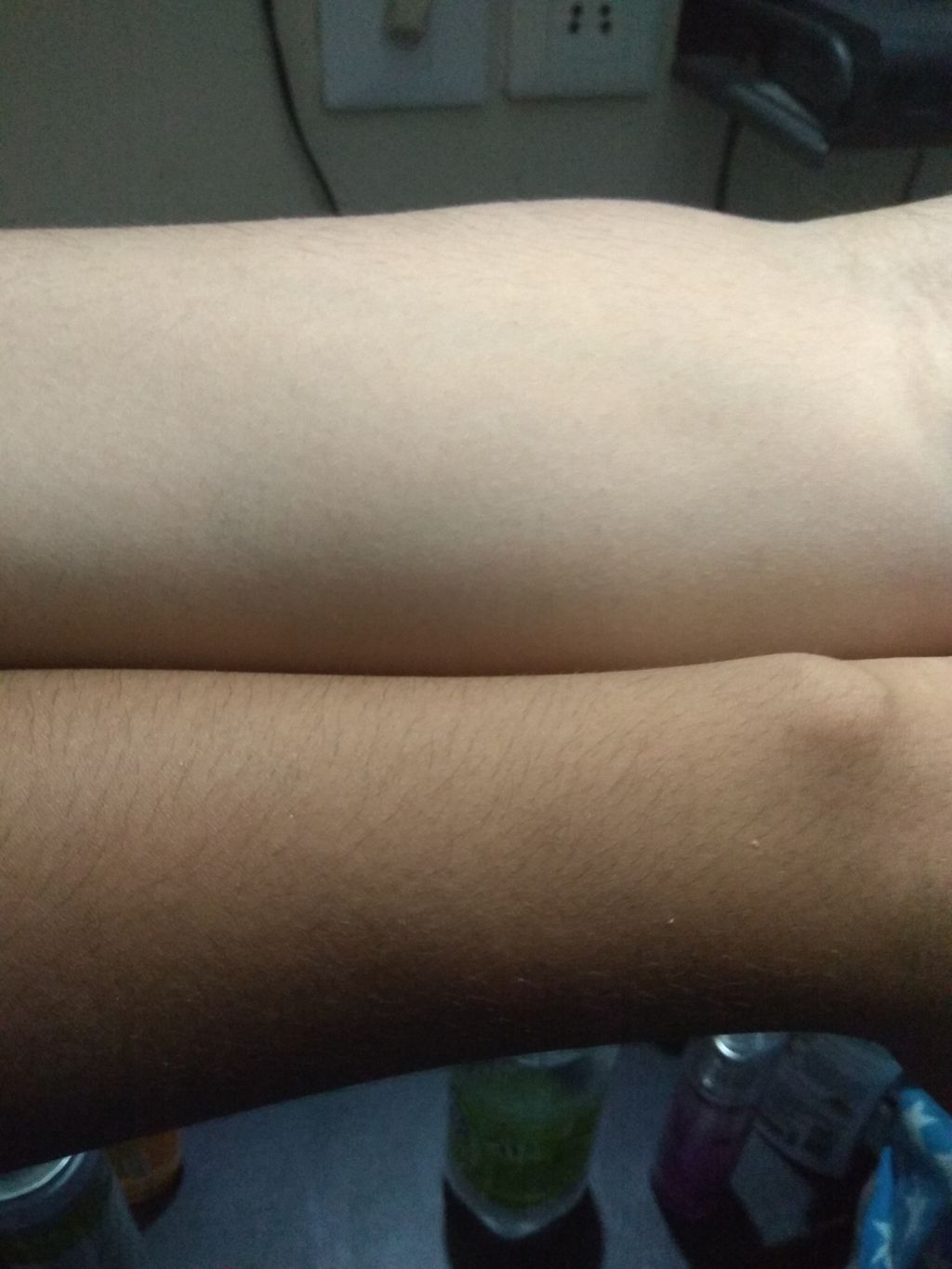White Is Not A Gift, And Black Is Not A Curse.
Jul 25, 2019 • 56 views
Society sets the boundaries, and boundaries are opaque, unfortunately.
A lady opens the television which is telecasting the advertisement of fairness cream, and she gets up to watch her face in the mirror detail by detail, and a noiseless pain heavies her chest and she starts rubbing her cheeks like the black thing in the form of dirt will fall off of her skin.
The scheme of advertisements is to make people uncomfortable in their own skin and lure them to buy their products. They first attack on your mind and make you uncomfortable for your skin. The truth is that they are establishing themselves among the conscious citizen.
Suppose that this lady is in the mid of a field playing cricket very well and she is the last one to play and she already made thirteen runs and needs two more runs to win. She tries to hit a six and unfortunately, she gets catch out. Everyone is disappointed, though they appreciate her, for she played very well. A monotonous voice you can hear in the society she is very beautiful for dusky skin.
Everyone has been obsessed with fair skin, they are uncomfortable in their skin. They dream for fair skin. Again, these standards bring hypocrisy into the view that white foreigners are given so much respect in comparison to the dark-skinned natives. Zuhura Seng’enge wrote in her poem Me And My Brown Skin, “A stranger honored more in my own country than me”. The natives too desire to be like a white man and respected in the same way.
The lady comes out of the train wearing short pants and thought to herself that everyone must be looking at her in awe or seeing her like a foreigner for her outfit and then, following this thought, another thought arose, that she is brown.
These ads develop an inferior complex in dark-skinned people. They associate negative things with dark skin colour and claim that their products can change their skin colour to white. They associate success with white skin. In Black Skin, White Mask written by Frantz Fanon, we can read how the colonizer’s culture impacted the mind of our country’s’ citizens. Their culture associates black with evil and dirty, and white with goodness and clean. The blacks start desiring to be white. It makes them uncomfortable in their own skin as they have accepted all stereotypes associated with black skin colour.They have “psychological repercussions” and integrate into a white culture and repudiate their own black identity. They can not be entirely transformed into white, and they can not even identify themselves with white.

In the present scenario, our generation is still living with these thoughts. Dark-skinned people develop inferiority complex, and the fairness cream or the other products claim for providing white skin easily make place in the society. But the truth is that beauty is not based on the skin tone and there is no such thing like dark skin is dirty or ugly. It’s just in the mind and marketers are spreading it for the sake of their benefit. They are making these stereotypes more popular only because they are earning money out of your low self-esteem. Don’t believe what people are trying to show you. see beyond these stereotypes or these standards. So, be natural and confident. Go out in the sun and have fun!
Khoudia Doup (melanin goddess), a selenagese model said “one of my goals is to make all my dark-skinned sisters out there laugh at those mf with their beauty standards.” She is an inspiration for many. She is breaking the stereotypes and very proud of herself.
So, this lady is viewing from the lens of the society which has defined standards for beauty. Their standards are confined to a specific colour- white. She is perceiving herself from the standards of the society while she must develop her own perception apart from the society. Though, it might be difficult for her to make different perception while people are cheering up for whites or wishing for white skin. She needs to be aware of that white is not a gift and black is not a curse. She needs to look beyond these standards and yes, dark is beautiful.
References
An Analysis of Frantz Fanon’s Black Skin, White Masks by Rachele Dini
Zuhura Seng’enge’s ME AND MY BROWN SKIN
